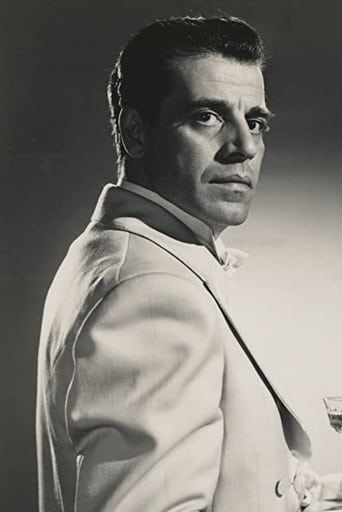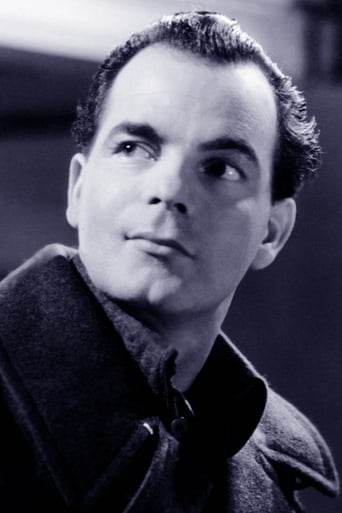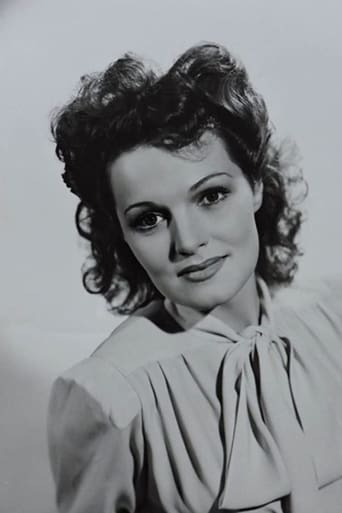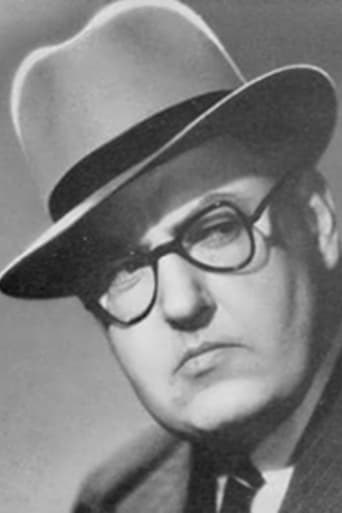morrissey1-740-548043
I have wanted for a while to see this now "rare" British noir effort because I have heard so much about it--the controversy it stirred up, the sex, the violence, and so on (you can find all about that elsewhere). Saw it just the other night on TCM. Other reviews have correctly pointed out its (hardly surprising) acute awareness of social class. A preoccupation never very far away in British film, as indeed in British culture more generally. This can be a good thing, or a bad, depending on the treatment. One thing that American films have always tended to do--with many excellent exceptions, though most tellingly, from Hollywood's earliest years--is pussyfoot around questions of class (disclosure: I'm a Brit, resident in the US for twenty years-- so I can say this much: don't believe anyone who tells you that, in contradistinction to stuffy old Britain, the US is a refreshingly "classless" society. That is, as they say back "home," rubbish). The chief problem here is the attempt to make a British copy of an American noir. It doesn't work. Much better when the British stuck to British themes in British locales with British accents. Trevor Howard's "I Became a Criminal" is a far superior work for instance--as is the screen adaptation of Graham Greene's "Brighton Rock." Dassin's British set "Night and the City" is also streets ahead. Having said that, the film is competently directed, and is eminently watchable (if also instantly forgettable). You won't be wanting to watch it again and again, like perhaps you might Wilder's Double Indemnity or Curtiz's Mildred Pierce.
FilmFlaneur
"The most sickening exhibition of brutality, perversion, sex and sadism ever to be shown on a cinema screen." Thus did The Monthly Film Bulletin judge St John Clowe's film adaptation of No Orchids For Miss Blandish (aka: Black Dice) upon its appearance in 1948, reflecting the almost universal shock and disapproval of the British critical fraternity. Not until the equally vehement rejection of Peeping Tom, over a decade later, would a film face such an onslaught. Audiences, it must be said, found the movie to their liking despite, or because of, the opprobrium and where it was shown, takings were excellent.Violent and (for it's time) sexually suggestive, lurid and melodramatic, nothing St John Clowe's movie contained pleased critics more happy with a realistic tradition of filmmaking, or middle-class literary adaptations for discriminating audiences. In retrospect the categorisation of No Orchids For Miss Blandish seems less problematical. Neither sophisticated literary screen transposition nor completely convincing gangster piece, laced with titillation, and with roots in trash culture, These days the movie is better seen as a landmark of British crime exploitation cinema.At its heart lays a love story: that between Slim Grisson and Miss Blandish. It's a tragic tale too; not just because of the end which awaits the couple, but also in that Grisson is shown as being a fervent, secret admirer of the heiress from the very first scene (his distinctive double dice emblem on the card accompanying flowers) and so, ultimately, is just as much a victim of events as she. His tragedy is that he soon finds himself overseeing the kidnapping of the woman he loves, while Miss Blandish has the misfortune of falling for someone entirely unsuitable, socially or morally.But without the sexual experience he brings she would, it seems, be condemned to eternal frigidity. It is no accident that, early on, her fiancé refers to the "ice in her veins" which needs 'melting'. Indeed one of the many things critics found unacceptable in the movie was the depiction of a woman's sexual awakening, particularly when tied to a liaison out of her class - something miles away from the usual Noel Coward-type drawing room infatuation. It's a scenario helped by some sensitive direction by St John Clowe, in a work characterised over all by some fluid camera-work.Some have criticised the director for clumsiness, but I can't see it. To give a standout example: although we know Grisson is 'stuck' on the heiress, nothing is said between them, except for a barely perceptible nod at her by the hoodlum after their first shock meeting. At a crucial moment later St John Clowe has Grisson, clearly thinking of the woman, walk slowly up his nightclub stairs, a fairly long crane shot. His impassive face is briefly superimposed onto hers. Then in the love scene which follows she leaves him, wavers, and comes back after a tense delay - events mostly off-screen. We still do not see them together, merely (for the second time) some orchids, and his words of relief spoken over the held flower shot. For a film so explicit elsewhere, the restraint and sensitivity of direction here is striking.As Slim Grisson, Jack La Rue is impressive; more so when one remembers that it is almost half an hour before he is first seen on screen at all. A performance over-indebted to George Raft maybe - his habitual dice throwing recalling the American star's famous coin-tossing trademark - but still touching as a love-lorn thug and whose regular lack of expression and stolid soulfulness says more than any amount of mugging could do. As Miss Blandish, Linden Travers has attracted good words, too.Others in the cast, even allowing for the variable American accents, are admittedly less strong. Ma Grisson (Lilli Molnar), who starts out, Ma Barker-fashion, as the leader of the gang, is less menacing that one might have wished; 'Doc' the Sydney Greenstreet-type among the supporting cast is too much of a stereotype to be convincing. However, mention ought to be made of Walter Crisham's Eddie, Grisson's frightening henchman, a very intimidating and malevolent presence. While some aspects of No Orchids For Miss Blandish have been ridiculed, the budget was obviously quite a reasonable one; the nightclub fairly expansive and convincing for instance, allowing the director a chance for multiple set-ups.Of course the club, Grisson, and his followers are a world away from Miss Blandish's previous social circle. In a way characteristic of British noir and thrillers, the film has a firm idea of class; not only in the separation of crooks and toffs, but upstairs and downstairs (the working class lovers overhearing the conversation of their betters from the basement, at the start), as well. Even the underworld has its social structure, one which the 'success' of the Grisson gang is contrasted to the smaller group doing the initial kidnapping. Only love, it seems, can cross these boundaries, but then such romance is fraught with risk. For Miss Blandish, her new relationship brings 'freedom', this from the "first man I've ever met" - a slight emphasis on 'man' when she speaks, implying the anaemia of the class she has just rejected.To those who wish to discover what all the fuss was about, I can say that the film may be variable, but entertaining and memorable. It's certainly an important document of Britain's cinematic underbelly. No plaudits for Miss Blandish perhaps, but no outright dismissal here either.





